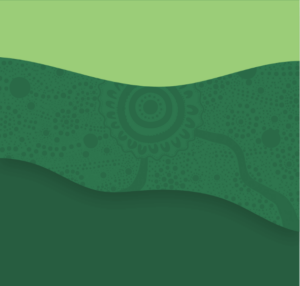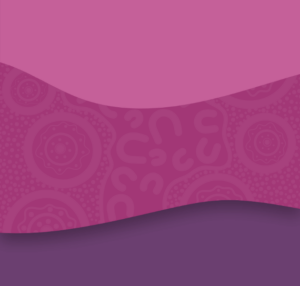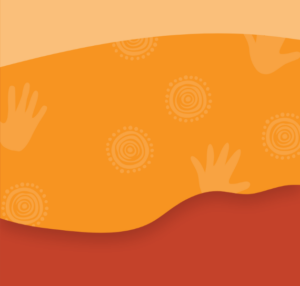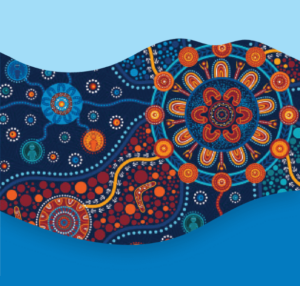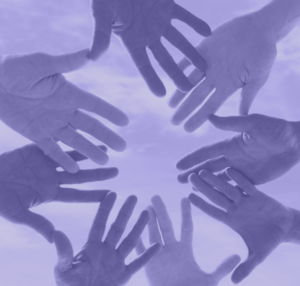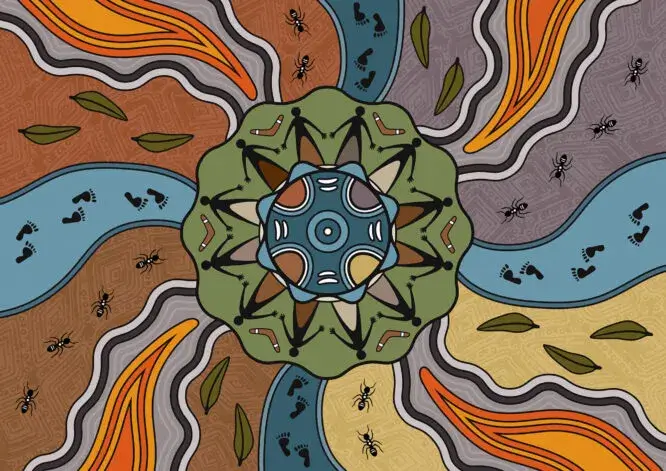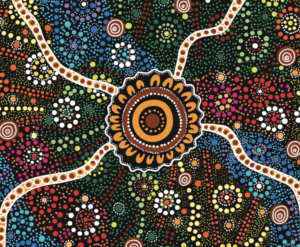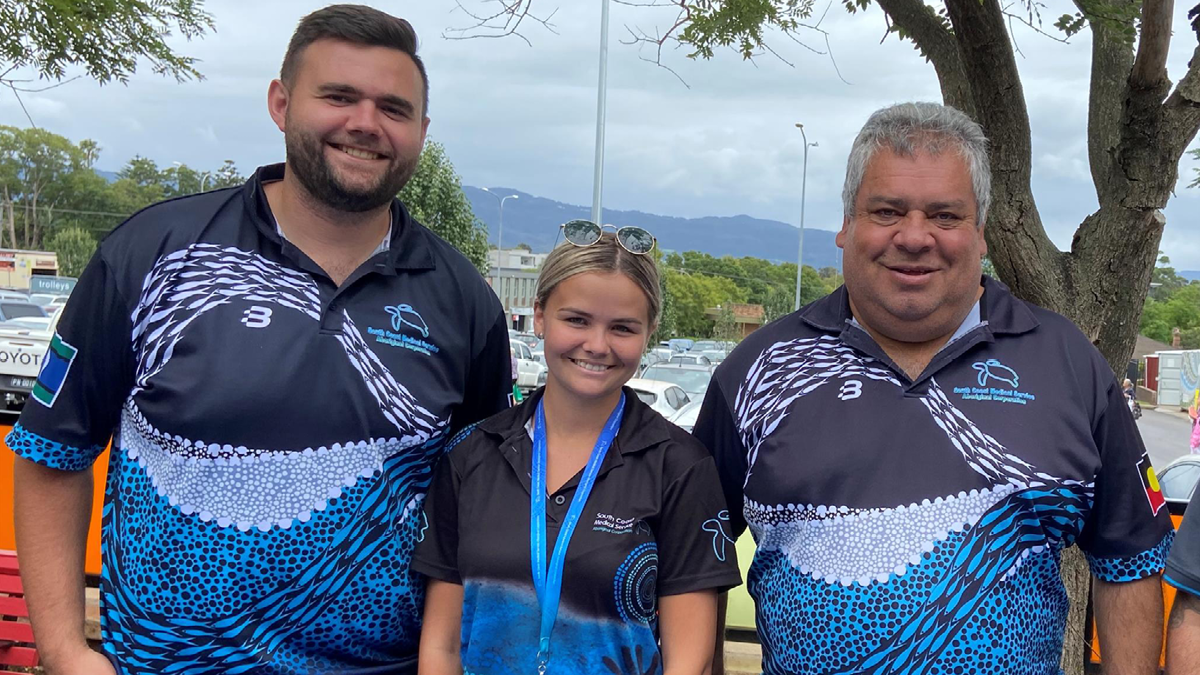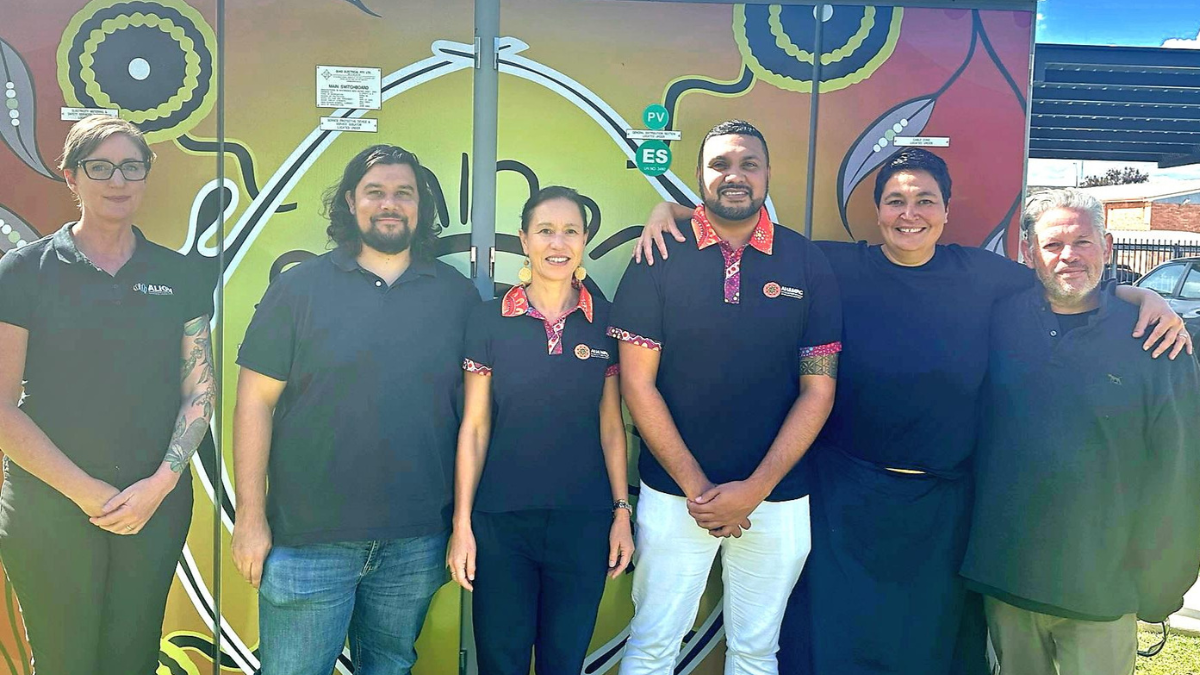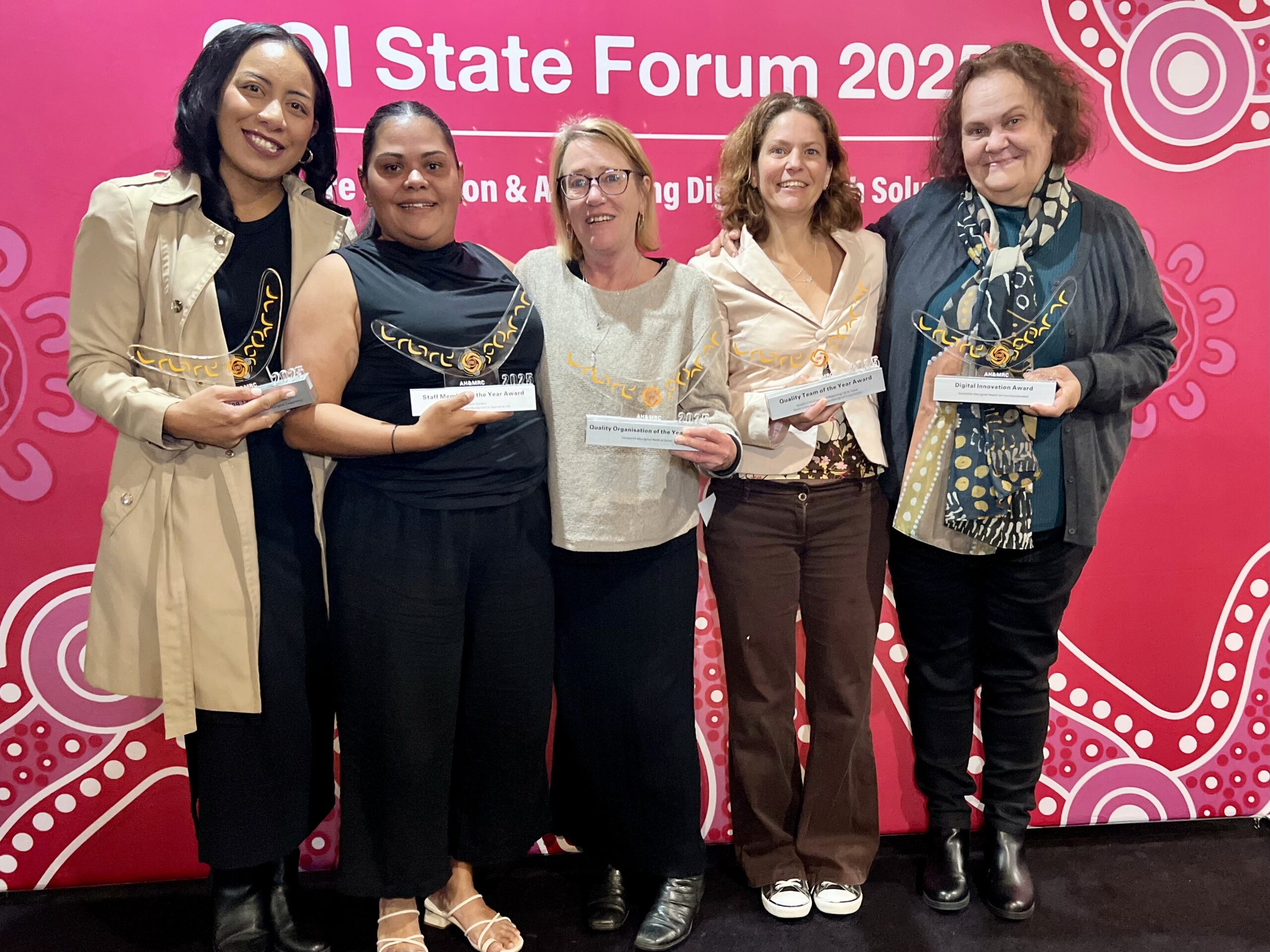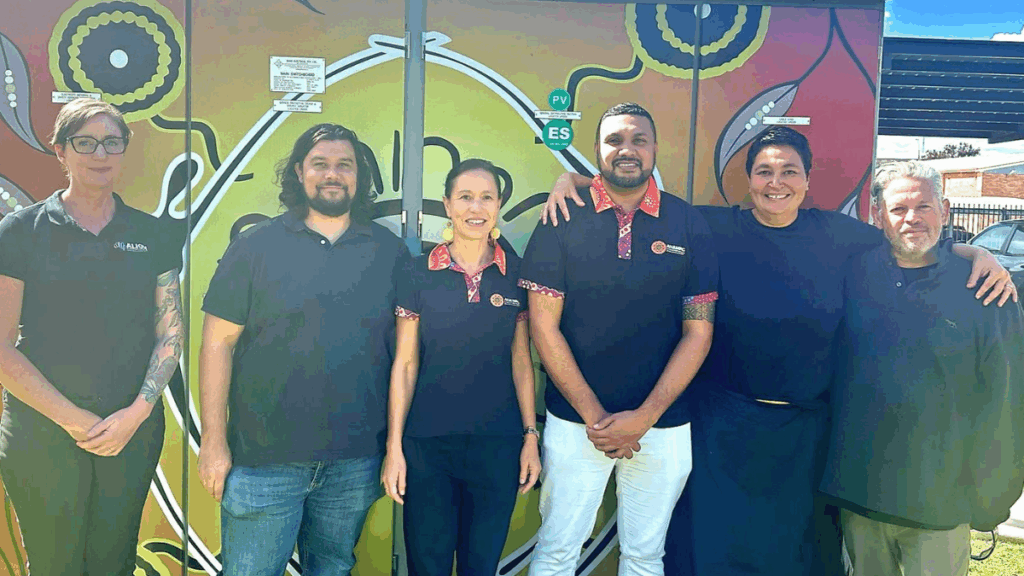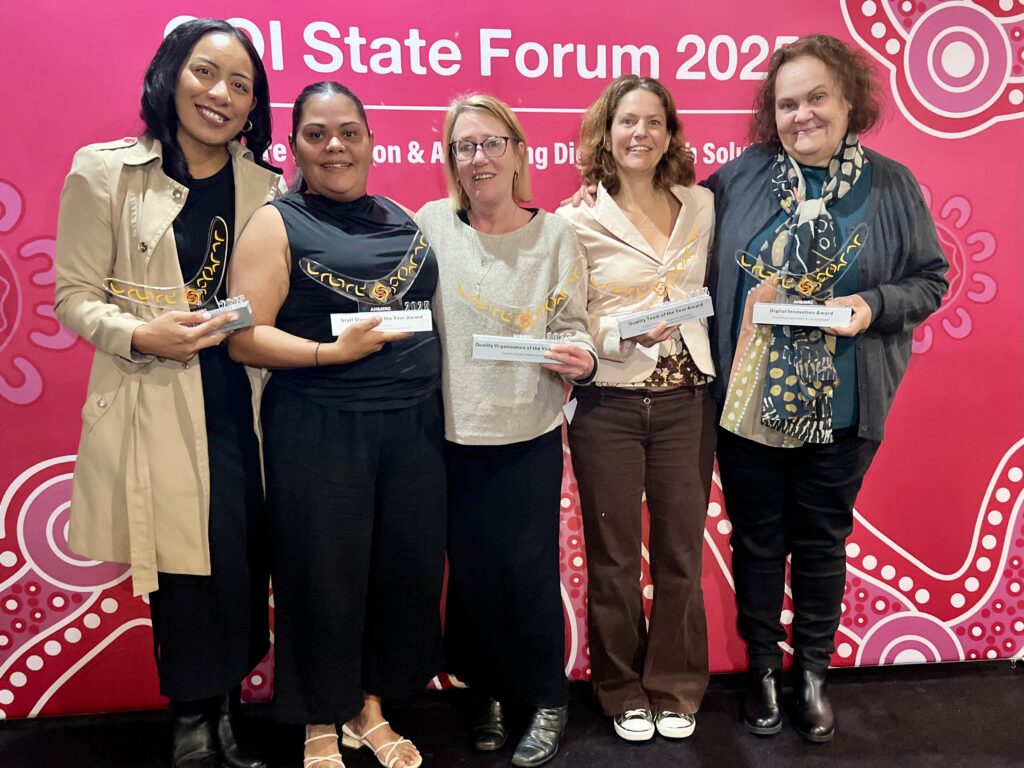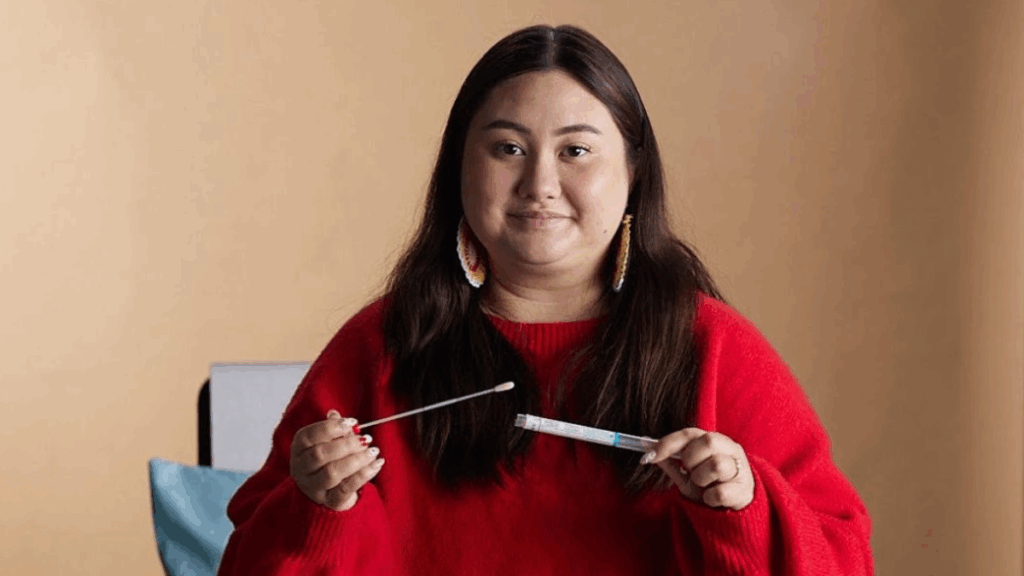The Tackling Indigenous Smoking (TIS) Team at the South Coast Medical Service Aboriginal Corporation (SCMSAC) works to promote the harms and risks of smoking in 13 Aboriginal Communities from Gerroa on the South Coast to the Victorian boarder.
Darryll Farrell supports the dedicated team and oversees the comprehensive program that helps people to quit smoking and find good health.
The comprehensive program offers, face to face counselling, support groups, follow up contacts, CO readings, school educations sessions, brief interventions, walking and exercise groups, and free Nicotine Replacement Therapy (NRT).
Project Officer Thomas Berry travels every fortnight down the South Coast to run the Tackling Indigenous Smoking program, while Mikayla Henry services the Shoalhaven and supports the delivery of the program in the Far South Coast.
Some deadly Ambassadors promote the program as well – Shak Tungai and Dylan Farrell. Community Champions Uncle James Stewart (Uncle Bim) and Aunty Colleen Dixon are integral to the program also, supporting the program by spreading the messages in their communities and providing feedback about the needs of Community.
SCMSAC secured funding from the Aboriginal Health & Medical Research Council, and Cancer Institute NSW to provide free Nicotine Replacement Therapy (NRT).
In the last twelve months we have expanded access to NRT through our 3 clinics – the Jane Ardler Centre, Wreck Bay and Jerrinja clinics. We work in partnership with local pharmacies to make it easy for our clients to access NRT.” Said Thomas Berry.
Community members attending clinics receive a voucher for two weeks’ supply of NRT. Clients redeem their vouchers at any of the partner pharmacies and start their quit journey. This process has created more of an influx of smokers wanting to quit because the support is easily accessible and there is no cost involved for the client.
“We have found that having the funding to provide NRT to Community Members on the spot has helped us close the gap. More Community Members are coming forward to start their quit journey due to the free NRT products that we have been funded to give them,” said Darryll Farrell.
The team closely monitors where NRT is being used and distributed to gauge the impact of the program and identify opportunities to support other community members. The team has also developed their own resources to give Communities a better understanding on how to use NRT, what it does and the harms and risks of smoking.
“Our resources feature local Aboriginal Community Members, children and local landscapes. We know people respond well and want to learn more when they know this information and program is locally created, especially for them.” Said Mikayla Henry
“We play a big role in local Communities. It’s not just about the program, it’s about creating strong relationships with Communities to deliver great health outcomes and help people on their quit journey,” said Darryll Farrell.
